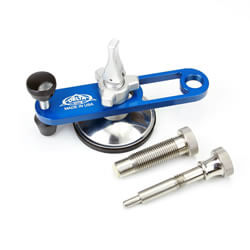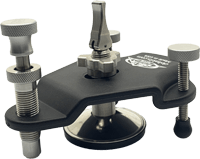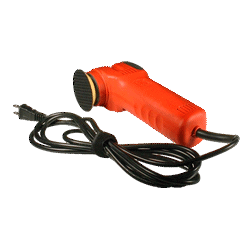The Delta Kits professional windscreen repair systems- and procedures- comply with ROLAGS (Repair of Laminated Auto Glass Standards), the industry’s best practices. See how a Delta Kits repair is done.
This video demonstrates that Delta Kits professional windscreen repair systems- and procedures- comply with ROLAGS (Repair of Laminated Auto Glass Standards), the industry’s best practices. The ROLAGS (Repair of Laminated Automotive Glass Standards) committee strives to provide documentation:
- To be used to consistently evaluate damages on laminated auto glass to aid in the decision to repair or replace the glass;
- To assist the public in understanding what is achieved through windscreen repair (repair of auto glass);
- To encourage technicians to strive for the highest quality repair;
- To codify the current best practices of laminated auto glass repair.
To ensure the best possible repair using a bull’s-eye as an example, the technician shall do the following:
- Inspect the damage from both inside and outside the glass to determine if the damage is repairable. (See clauses 6 and 7).
- Remove the moisture, dirt, foreign matter, loose glass and contamination from the damaged area.
- If the temperature of the glass is outside the recommended range, cool or warm the glass accordingly.
- Access the damage through probing or drilling.
- Place the B300 bridge on the windscreen.
- Protect the resin from premature curing.
- Remove the air from the break, either by vacuum or displacement, and fill the void with resin. In this video, we remove the air from the break by using displacement.
- Properly perform pit filling and resin curing.
- Finish the repair to be flush with the glass. In this video, we use a razor blade to scrape away excess resin and polish the area with pit polish.
- Inspect the finished repair (See clause 9)
Finally, the video shows a comparison of the glass before and after the windscreen repair.



